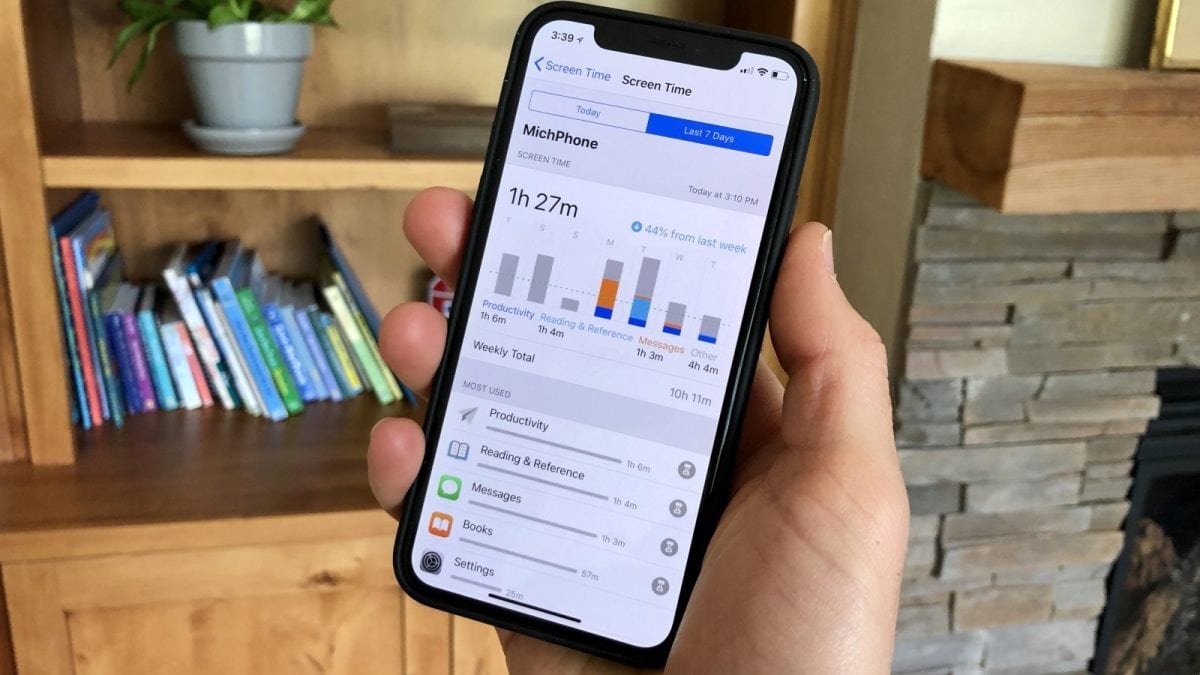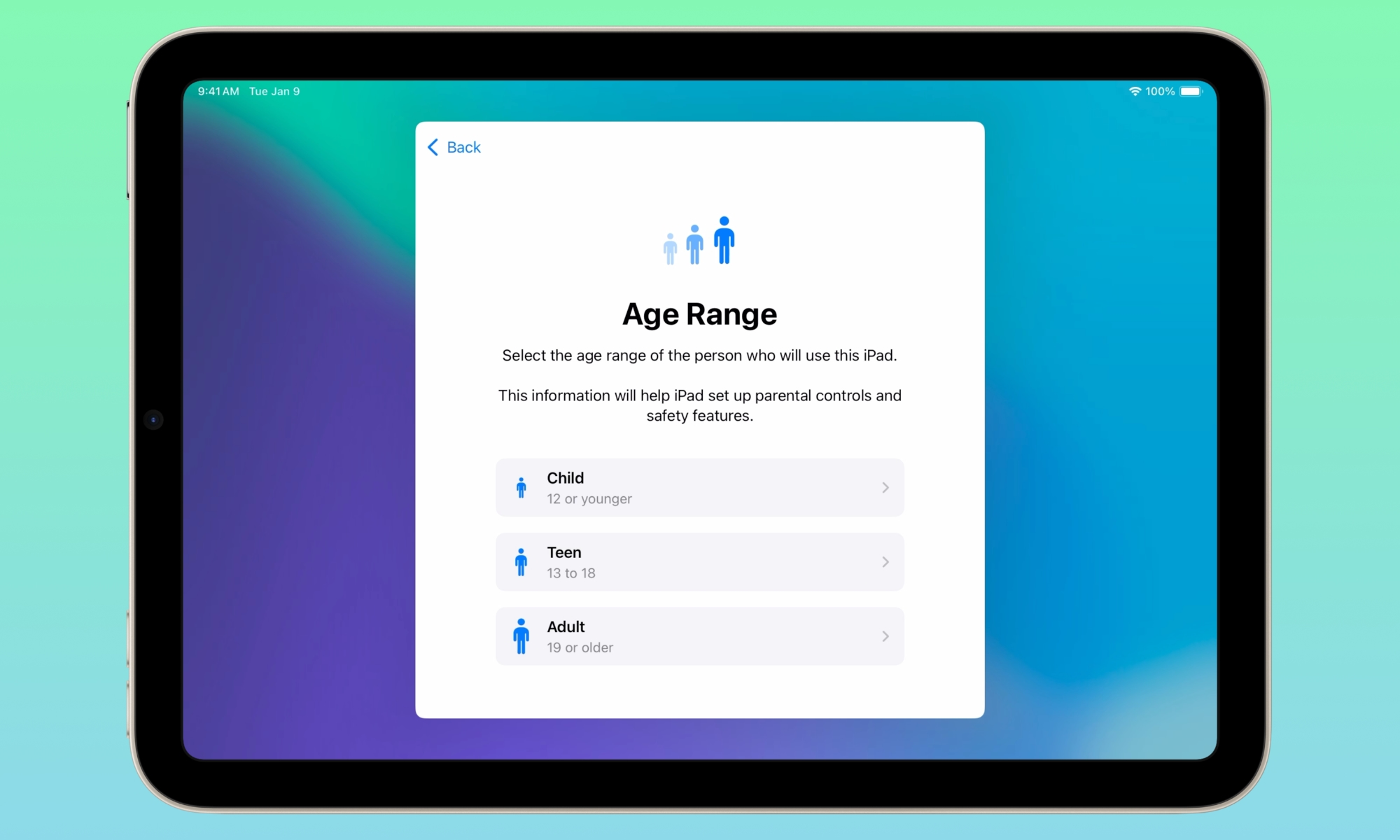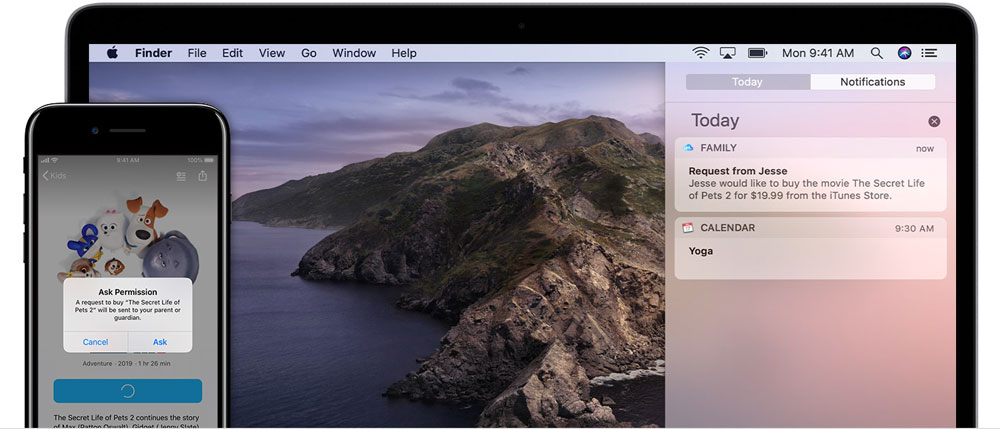Texas Forces Apple to Tighten App Store Rules for Minors
 Creatista / Shutterstock
Creatista / Shutterstock
Toggle Dark Mode
It appears that Tim Cook’s lobbying efforts weren’t enough to stop a Texas bill that will force Apple to make significant changes to how the App Store operates in the state.
Even though the iPhone, iPad, and Mac have some of the most robust parental controls you’ll find on any platform, they’re not without a few loopholes. Some state lawmakers are now insisting that Apple fill in one of these gaps by mandating age verification at the Apple Account level. In March, Utah passed the App Store Accountability Act, and Texas followed suit not long after.
To be clear, Apple doesn’t oppose these bills because it doesn’t want to protect children. Child safety is one of many reasons it’s long ruled the App Store with an iron fist, insisting that non-family-friendly content be given an adult rating or blocking it entirely.
Apple provides the tools for parents and families to make the best use of these content ratings through Family Sharing groups, child accounts, and features like Screen Time and Ask to Buy. However, it leaves it up to parents to take advantage of them.
It’s a noble goal, but the biggest gap is that not all parents are tech-savvy. Even when they are, their kids are often one step ahead of them. Until recently, Apple arguably hadn’t done enough to make parents aware of these features; it wasn’t until iOS 18.4 earlier this year that it put them front and center, prompting parents to set up a proper Child Account when configuring a new device.
Mandating Parental Consent
Apple’s problem with these bills is that it doesn’t want to get into the business of requiring proof of age from everyone who signs up for an Apple Account, as well as maintaining all the required documentation. It believes that responsibility lies with developers, much like a shopping mall doesn’t check the ID of everyone entering the building simply because one of the stores sells alcohol.
Nevertheless, new laws in Texas will require Apple to begin doing just that, beginning on January 1, 2026. The bill passed in Utah, as well as a similar one in Louisiana, will come into effect later in the year.
This week, Apple shared the new requirements with developers, since they will also need to update their apps to comply with the new rules.
Beginning January 1, 2026, a new state law in Texas — SB2420 — introduces age assurance requirements for app marketplaces and developers. While we share the goal of strengthening kids’ online safety, we are concerned that SB2420 impacts the privacy of users by requiring the collection of sensitive, personally identifiable information to download any app, even if a user simply wants to check the weather or sports scores. Apple will continue to provide parents and developers with industry-leading tools that help enhance child safety while safeguarding privacy within the constraints of the law.
As Apple explains, anyone creating a new account in Texas will be required to confirm that they are 18 years or older. Apple doesn’t explain how this will work, but presumably, users will need to provide some form of government identification or other proof of age. This is why Apple’s objection isn’t only the operational hassle but also liability for storing IDs, which adds an extra burden of complying with data-protection rules.
Users under 18 will be required to join a Family Sharing group, which has to be operated by a parent or guardian 18 years of age or older. This means that even if a 17-year-old living on their own buys an iPhone, they technically won’t be able to set up an Apple Account without parental consent. However, there’s no indication the new law requires Family Sharing group organizers to confirm they’re legal parents or guardians, so it’s not hard to imagine some older teens finding ways to deal with this.
Tightening up Family Sharing
Family Sharing groups for Apple Account holders in Texas will also be more restrictive on what can be downloaded from the App Store. Until now, the Ask to Buy feature, which requires parental approval each time a child or teen wants to download an app, has been optional for kids between the ages of 13 and 17; in Texas, it will now be mandatory for all users under 18 years of age to get parental approval anytime they want to download an app or make transactions using Apple’s in-app purchasing system.
Since Family Sharing groups share a common payment method — typically the family organizer’s credit card — many families likely prefer to leave Ask to Buy on even for their older teenage kids (I know I do), but now families in Texas won’t have a choice — even when they trust their kids not to splurge on game coins.
Apple also plans to add a new feature that will allow parents to revoke a minor’s access to an app. Ask to Buy only prevents them from downloading it, but there’s currently no way for a parent who changes their mind to pull the app without either physically removing it from the child’s device or enabling Screen Time restrictions.

As for developers, Apple says that as the new requirements come into effect in each state, apps will need to be modified for compliance with the new age-gating rules. Apple hasn’t yet rolled out all the frameworks that developers will need to tie into, but it notes the Declared Range API, which was introduced in iOS 18.4, is already available to implement now. This lets apps check whether a user falls within a specific age range without exposing their date or year of birth — for instance, allowing an app to know you’re over 13 without seeing your exact birthdate. Apple says it will be updating this in the coming months for the age categories mandated by the new Texas law.
This leaves us wondering if Apple may begin limiting app availability by state. Apple’s developer newsroom post specifies that these rules apply only to apps “available in Texas,” yet the App Store isn’t currently divided by state — only by country.” This means any app published in the US should automatically be available in Texas, and raises the question of how Apple will handle apps that fail to comply with the new state-specific requirements.
Apple closes by reiterating its commitment to protect kids from online threats, and promises to continue helping developers “provide age-appropriate experiences” that safeguard user privacy in their apps and games, while also ensuring parents have the tools needed to keep their kids safe online. It remains to be seen whether Apple’s approach will satisfy Texas regulators or those of legislators who have passed or are considering similar bills in other states.









